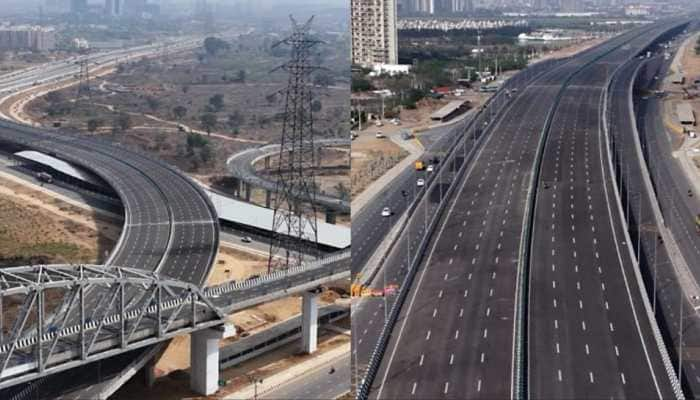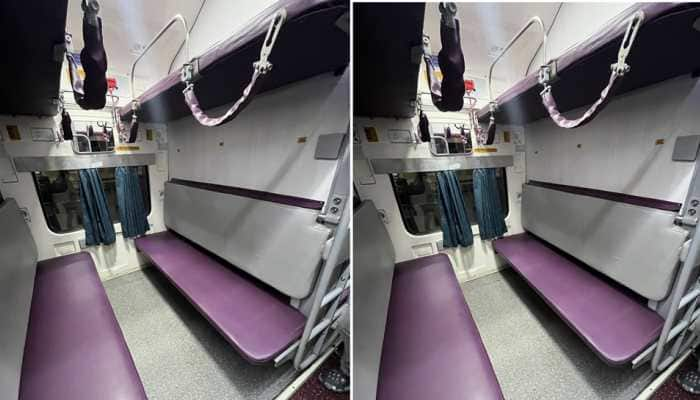RBI governor, FinMin officials discuss NPA resolution issues
Besides RBI governor, Financial Services Secretary, other senior officials of finance ministry and RBI were present in the meeting.
Trending Photos
)
New Delhi: A week after promulgation of ordinance empowering the central bank to deal with bad loans, RBI Governor Urjit Patel met senior finance ministry officials to discuss operational issues.
Various issues were taken up for discussion, but resolution of stressed assets was on top of the agenda in light of recent ordinance during the high level meeting held here, sources said.
Besides RBI governor, Financial Services Secretary, other senior officials of finance ministry and RBI were present in the meeting.
Last week, the government empowered Reserve Bank of India (RBI) to ask banks to initiate insolvency proceedings to recover bad loans, amounting to over Rs 8 lakh crore in the banking sector.
The RBI was given the powers through an ordinance that authorises it to issue "directions to any banking company or banking companies to initiate insolvency resolution process in respect of a default under the provisions of the Insolvency and Bankruptcy Code (IBC), 2016".
The ordinance, which amends Section 35A of the Banking Regulation Act 1949, will have to be placed in Parliament for approval in the upcoming monsoon session. It has inserted Section 35 AA and Section 35 AB in the Act.
The ordinance was enacted as non-performing assets (NPAs) or bad loans of public sector banks (PSBs) reached "unacceptably high levels" of over Rs 6 lakh crore, the bulk of which are in sectors such as power, steel, road infrastructure and textiles.
Within hours of getting new powers, the RBI made substantial changes in the norms for dealing with stressed loans and warned banks they will be penalised for missing NPA resolution timelines.
The RBI, through a notification, eased the decision making process in the Joint Lenders' Forum (JLF) and Corrective Action Plan (CAP) under the 'Framework for Revitalising Distressed Assets in the Economy'.
"To facilitate timely decision making, it has been decided that, henceforth, the decisions agreed upon by a minimum of 60 percent of creditors by value and 50 percent of creditors by number in the JLF would be considered as the basis for deciding the CAP...," the RBI notification had said.
Earlier, the decision could have been taken by a minimum of 75 percent of creditors by value and 60 percent by number.
Stay informed on all the latest news, real-time breaking news updates, and follow all the important headlines in india news and world News on Zee News.
Live Tv







)
)
)
)
)
)
)
)
)
)
